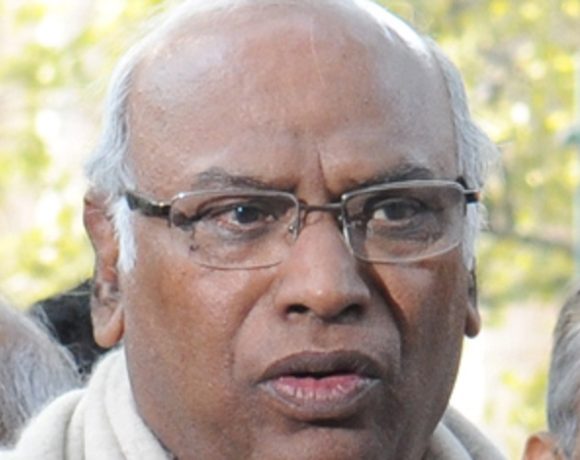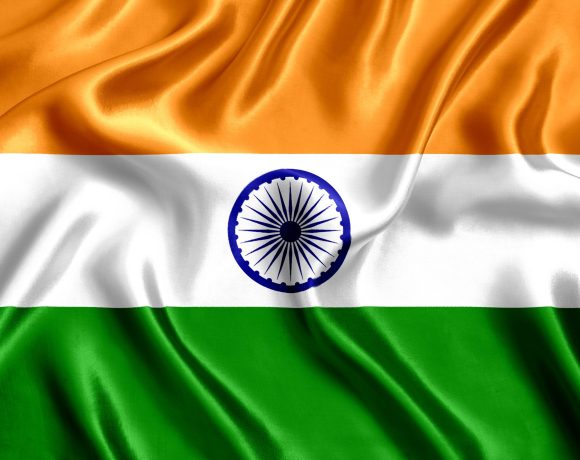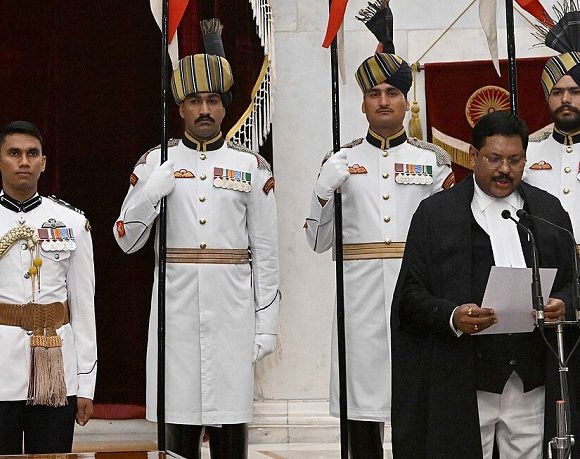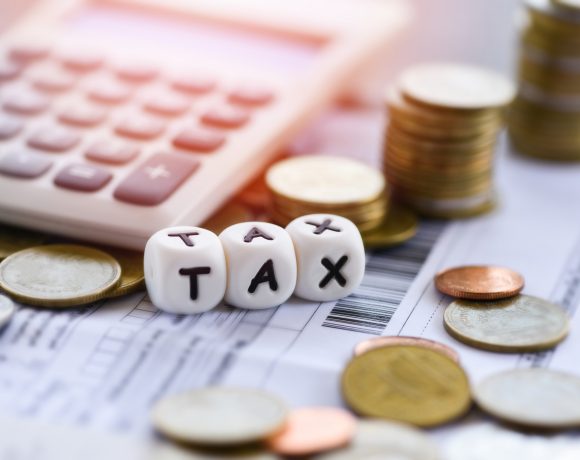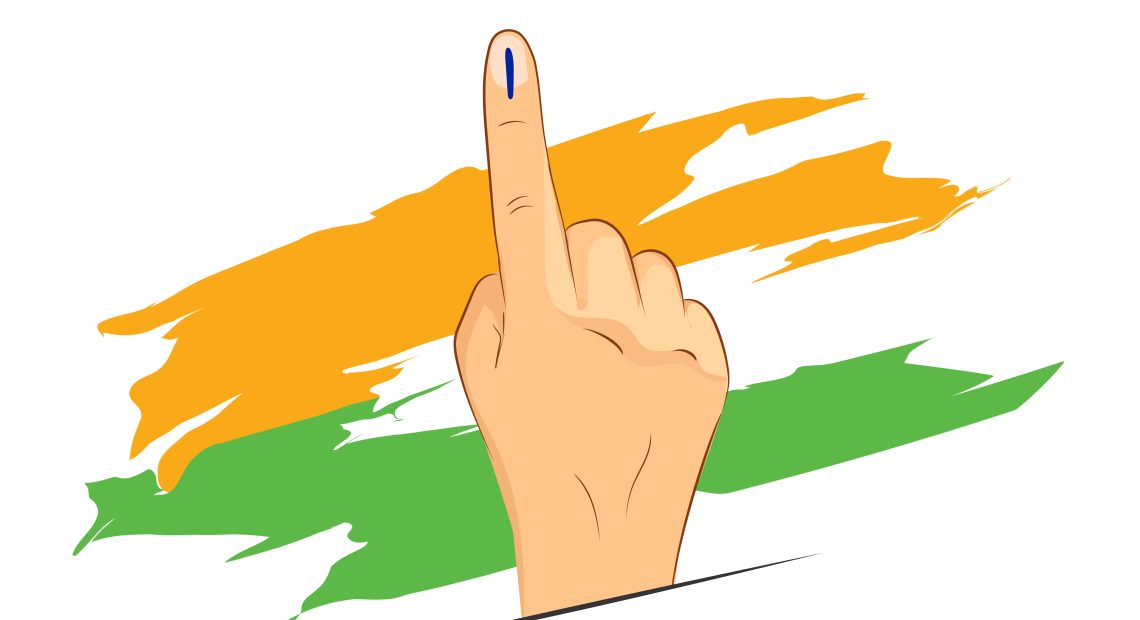
EC to Get Death Data Digitally for Accurate Voter Rolls
The Election Commission of India (EC) is moving toward a more precise and efficient electoral roll update system by digitally integrating death registration data from states and Union Territories. This landmark development follows the 2023 amendment to the Registration of Births and Deaths Act, 1969, which legally permits the use of such data for updating voter records.
Electoral Roll Update Initiative
The new system will allow the EC to access real-time death data electronically from the Registrar General of India. Once this information reaches Electoral Registration Officers (EROs), Booth Level Officers (BLOs) will verify the reported deaths through field visits. This digitized data transfer will significantly reduce the delay currently caused by manual submissions.
Voter List Accuracy Gets a Boost
“Family members of a deceased elector are not required to fill Form 7. The BLO may use the data as a trigger for verification.” With this system, families will no longer need to file a formal application (Form 7) to remove deceased members from the electoral rolls. Instead, BLOs can act based on the digital data, while ensuring due diligence before final deletion.
Although the electronic data will initiate the verification process, the actual deletion from the rolls will still require the formal completion of Form 7, maintaining procedural integrity. This mechanism is expected to reduce errors and prevent wrongful deletions.
EC Leverages Digital Governance
Chief Election Commissioner Gyanesh Kumar noted that regular voter list updates will now be conducted in close coordination with the birth and death registration authorities. “The updated process shall ensure cleaner rolls and reduce scope of manipulation,” he said.
This initiative is part of a larger push toward digital governance and modernization of public systems in India. By automating the voter roll update process, the EC aims to strengthen the electoral framework, reduce bureaucratic bottlenecks, and uphold the credibility of democratic processes.
Through this integration, India joins a growing list of democracies using technology to enhance voter roll integrity, reduce redundancies, and ensure that only eligible voters remain on the list. The move is expected to be especially effective in eliminating ghost voters and streamlining election logistics nationwide.


